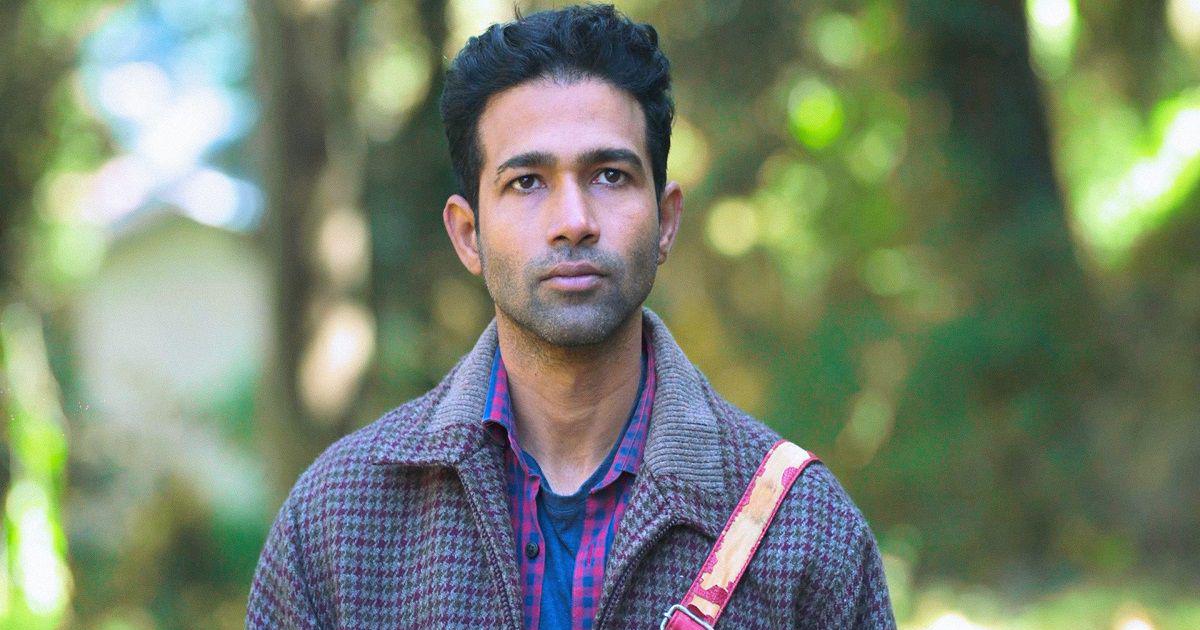Bhupinder “Bhuppi” knows his name won’t make him a movie star, so he’s changed it to the trendier-sounding Aryan Shaw. Bhuppi has presumably done what it takes – it’s left to the audience’s imagination – to finally get a role as a villain. His nervousness almost gets him thrown off the set, but a worse nightmare is to follow.
Bhuppi is forced to return to his hometown in picturesque Uttarakhand, which he had fled after a spat with his father. Bhuppi has to make humiliating compromises to save his career.
With a few economical strokes, Vinod Rawat portrays the struggles and sacrifices needed by an outsider to get a break into movies. A Film and Television Institute of India alumnus, Rawat has written, directed, produced and acted in his debut feature Pushtani (Ancestral).
The first visual variation is from a dingy shared flat in Mumbai to the open mountain range of Uttarakhand. In Bhuppi’s absence, things have changed drastically in his family. His sister angrily blames him for their problems. Once the story moves to the pristine villages of the hill state, without underlining it, Rawat conveys the condition of the locals – the lack of jobs, mass migration and the endless slog of the women left behind.
Bhuppi has to take a road trip to a distant village. His childhood friend Hemant (Hemant Pandey) offers a ride in his tourist taxi that has another passenger, the weed-and-peace seeking life coach Dimple (Rita Heer, also the film’s co-writer). Dimple has her own reasons for visiting this remote area.
Hemant is a happy-go-lucky chap whose ambition is to be a taxi driver. He stands in contrast with the two troubled souls in his taxi – which may be a simplistic way of conveying the uncomplicated demands of rural life. Hemant also brings to Pushtaini most of its humour. The tranquillity of the landscape hides Bhuppi’s traumatic past, which he has been unable to shake off. Exploitation of the weak, Rawat seems to say, is not confined to any particular time or place.
The film’s minimalism, probably necessitated by a shoestring budget, lends the story an unfussy charm. But this also means that the local non-professional actors are unable to assist Rawat with the emotional intensity required for his life-altering, self-discovering decisions. Rawat has talent and range, but the best and most unpretentious performance comes from Pandey, who makes his slightly sleazy character likeable.
Pushtaini blends melancholy with gentle humour. A newbie enthusiasm makes the film a surprisingly satisfying watch. No expectations are raised, so none are dashed.










